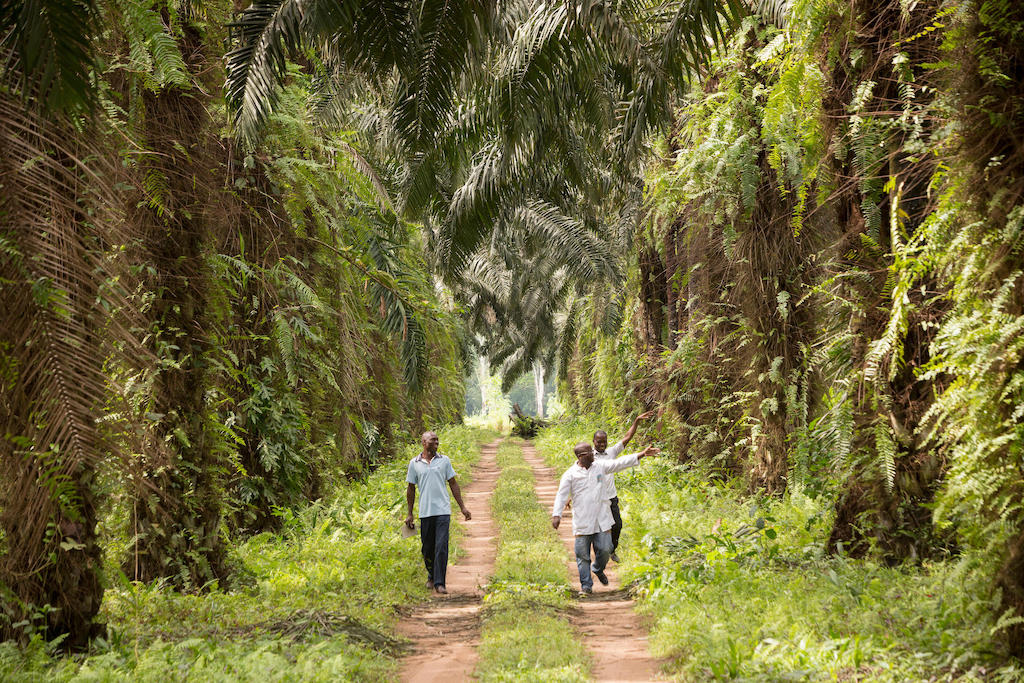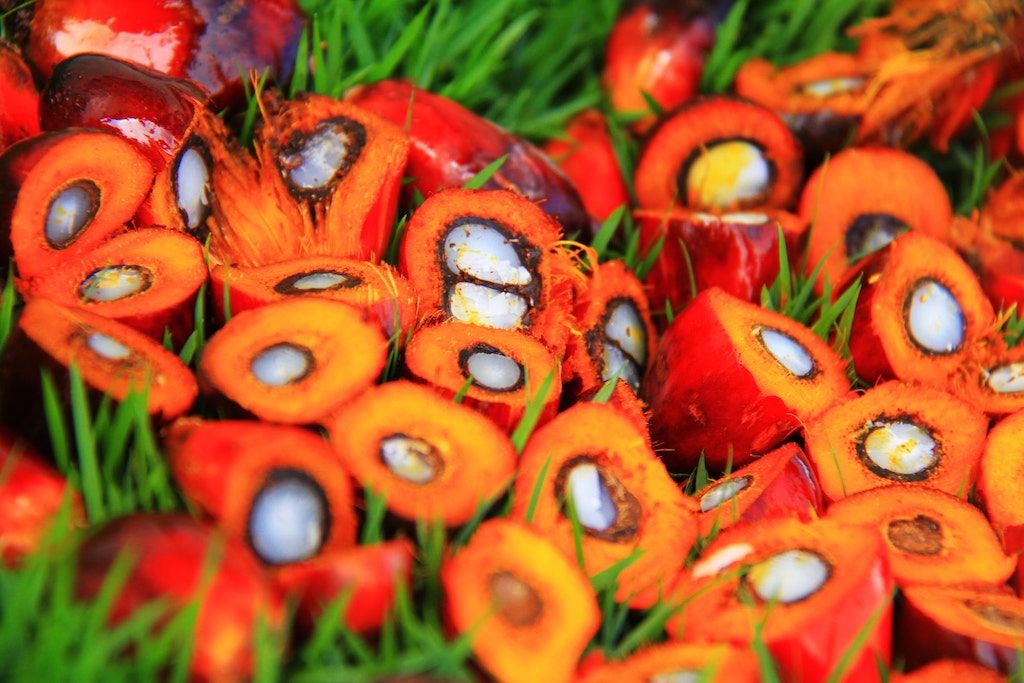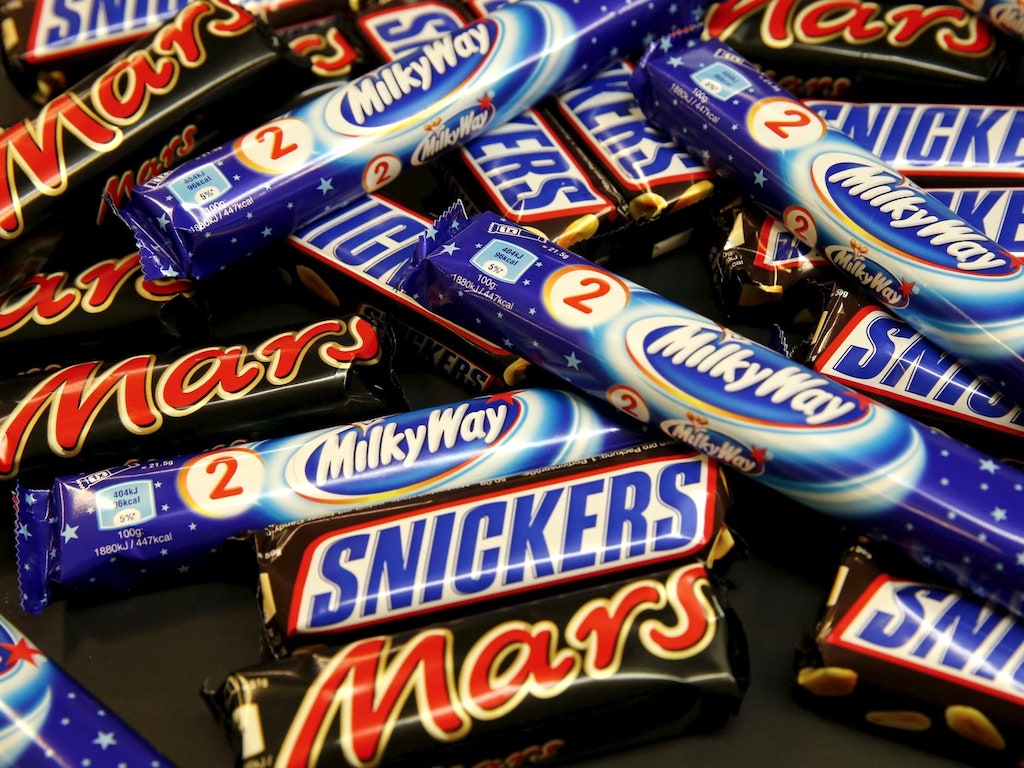4 Mins Read
American multinational confectionery and food giant Mars, Inc. has recently announced that it has delivered on its pledge to achieve a deforestation-free palm oil supply chain. According to the firm, the milestone required a dramatic simplification of its global value chain, from shortening its list of suppliers to more rigorous mapping, management and monitoring of companies it works with.
In an announcement earlier this month, Mars says it has reached a deforestation-free palm oil supply chain as a result of its “Palm Positive Plan” that first began in September last year. Under the scheme, the confectionery giant who owns some of the most iconic brands including Mars bars, M&M’s, Milky Way, Snickers, Twix and Skittles, has “radically simplified” its global value chain.
Mars’ mill count, for instance, has been slashed from over 1,500 suppliers to less than 100 by next year, and it plans to further halve that number by 2022. The company has instead taken to awarding longer-term contracts to companies that can commit to stricter environmental, social and ethical guidelines and monitoring. In Asia-Pacific, Mars is now sourcing from UniFuji, reducing its original 780 suppliers in the region to just one, where palm is grown, processed and refined in the same place before being sent off to Mars’ manufacturing arm.
Read: How your favourite chocolate bar is fuelling deforestation in Indonesia
“For years, businesses have grappled with complex and opaque palm supply chains. It is now clear that this has not been enough to guarantee no deforestation or human rights issues,” said Barry Parkin, chief procurement and sustainability officer at Mars.

“By radically simplifying our palm supply chain, partnering with a smaller cohort of suppliers and rigorously applying the three M’s of Mapping, Management and Monitoring we can eliminate deforestation and advance respect for human rights.”
In terms of monitoring whether companies across its supply chain are adhering to deforestation-free guidelines, Mars says it is now employing satellite mapping to evaluate land-use, which undergoes further validation by third-parties.
For years, businesses have grappled with complex and opaque palm supply chains. It is now clear that this has not been enough to guarantee no deforestation or human rights issues.
Barry Parkin, Chief Procurement & Sustainability Officer at Mars, Inc.
The initiative is all a part of a company-wide US$1 billion “Sustainable in a Generation” campaign, where Mars says it is working towards eliminating environmental degradation across five key raw materials. Apart from palm oil, similar measures are taken in the sourcing of cocoa, pulp and paper, soy and perhaps the largest deforestation and carbon-intensive driver of all – beef.
Read: Yakult, Kikkoman & CK Hutchison among deforestation-linked Asian companies

It remains unclear how Mars plans to source beef in a sustainable way given that scientists have time and again reiterated the need to shift away from animal-based proteins given its enormous environmental footprint, from accounting for 18% of global carbon emissions to driving water contamination and deliberate land clearing in the Amazon rainforest for cattle ranching and feed cultivation.
Supply chains — the engines behind global business — are broken. The pandemic has made this even clearer, highlighting the systemic vulnerabilities impacting supply chain communities and health of our planet as well as the urgent need for business to transform buying and supply strategies and practices.
Grant Reid, CEO of Mars, Inc.
Mars’ doubling down of its sustainability commitments, however, signifies that even the largest companies in the world no longer have any wiggle room when it comes to owning up to its responsibilities for the planet and people. Particularly in the wake of the coronavirus crisis, consumers have been demanding brands take bolder action and are now indicating a strong preference for companies that “take a stand” on issues relating to climate change and inequalities.
“Supply chains — the engines behind global business — are broken. The pandemic has made this even clearer, highlighting the systemic vulnerabilities impacting supply chain communities and health of our planet as well as the urgent need for business to transform buying and supply strategies and practices. Business as usual will not drive the transformational change that’s needed,” admitted Mars, Inc. CEO Grant Reid.
Parkin added that the company hopes that its move will ignite a broader sector-wide transformation in the way business is done. “In order to extend this impact beyond our own supply, we are asking our suppliers [to] apply these principles to all the palm oil that they source, not just the material they supply to us. Through this action, and if adopted by others, we can reach a tipping point to drive systemic change across the entire palm industry.”
Lead image courtesy of Reuters.




